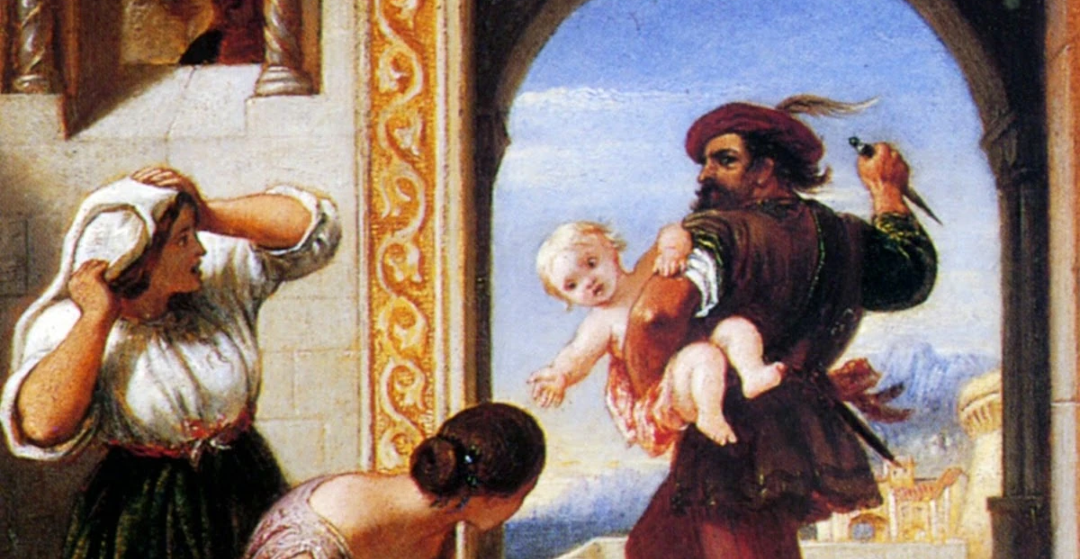"Unwavering Loyalty or Unfair Sacrifice? Exploring the Tale of Griselda"

Introduction
The Tale of Griselda, featured in Giovanni Boccaccio’s 'The Decameron', offers a deep look into loyalty, endurance, and the power dynamics of relationships. It tells the story of a woman whose love and patience are pushed to their limits in unimaginable ways. Through this narrative, Boccaccio raises important questions about justice, fairness, and the real meaning of virtue. These themes resonate strongly, reaching beyond the medieval setting to remain relevant in our lives today. The story encourages readers to think critically about love, sacrifice, and the true cost of loyalty.
Summary
Griselda is portrayed as a humble and virtuous woman who marries Gualtieri, a wealthy marquis. Doubting her loyalty, Gualtieri subjects her to a series of harsh tests. He separates her from their children, falsely claims they are dead, and even stages a fake divorce to marry another woman. Despite these trials, Griselda remains patient and loyal, never expressing anger or resentment. In the end, Gualtieri reveals the truth, reuniting their family and restoring Griselda as his wife.
Analysis
The Tale of Griselda delves deeply into the themes of loyalty and endurance, exploring their limits within the context of medieval society. Griselda's unwavering patience and obedience embody the virtues that were highly regarded during her time, such as submission and self-sacrifice. These traits, while idealized in the story, reveal the restrictive expectations placed on women, demanding them to remain steadfast regardless of the challenges imposed by their husbands. Her character serves as both an example of medieval virtues and a symbol of the burden placed on women to fulfill societal ideals, even at great personal cost.
The power imbalance between Griselda and Gualtieri is a central focus of the narrative, raising questions about the ethics of testing loyalty and virtue in such extreme ways. Gualtieri's absolute authority and his ability to manipulate every aspect of Griselda’s life highlight the lack of autonomy afforded to women during that era. His trials are portrayed as a means to test Griselda’s virtue, yet they also expose the cruelty and inequality inherent in their relationship. The tale subtly critiques this dynamic, prompting readers to reflect on the unfairness of subjecting someone to such hardships in the name of love and loyalty.
In modern times, the tale of Griselda resonates as a commentary on the importance of mutual respect and equality in relationships. It challenges contemporary audiences to evaluate how far loyalty should be tested and whether endurance is always a virtue. The story serves as a reminder that healthy relationships require a balance of power and a foundation built on respect, care, and understanding. By highlighting the stark contrasts between medieval ideals and modern perspectives, the tale invites ongoing discussions about fairness, dignity, and the qualities that sustain strong partnerships.
Personal Response
I found Griselda’s story both touching and disturbing. Her unwavering patience and loyalty are admirable qualities, yet I felt frustrated by the extent of her suffering. It made me reflect on the importance of setting boundaries and maintaining self-respect in relationships. While forgiveness is commendable, it should not come at the cost of personal dignity or fairness. This story made me think deeply about what love and loyalty truly should mean in a partnership and the importance of ensuring mutual respect.
Conclusion
The Tale of Griselda remains a timeless story that encourages reflection on loyalty, power, and forgiveness. Though written at a different time, its themes are still relevant and universal. It challenges readers to rethink the dynamics of love and the balance between sacrifice and self-worth. Griselda’s struggles serve as a lens through which we can examine our own values and beliefs about justice and love.








